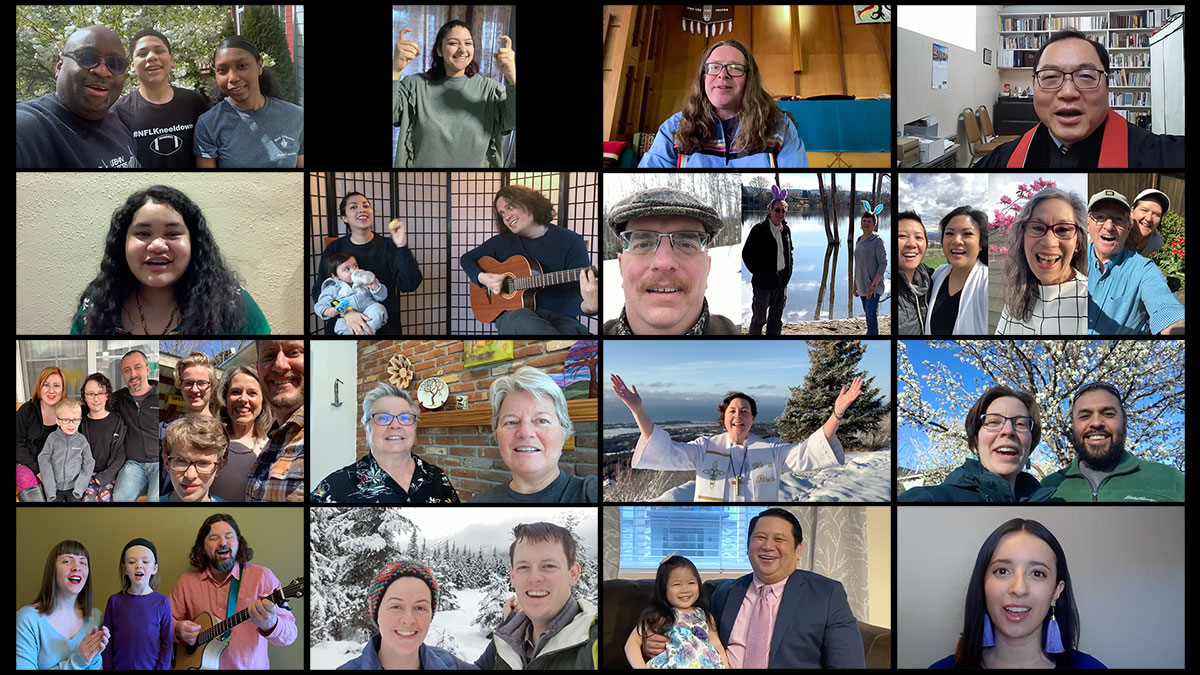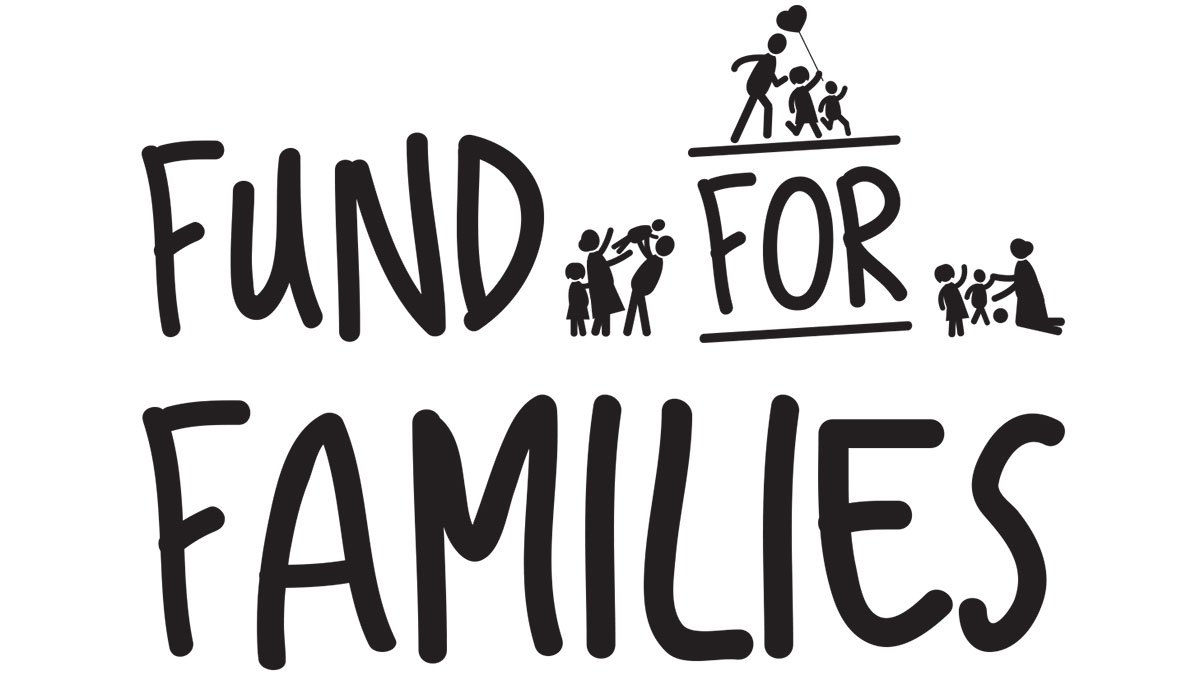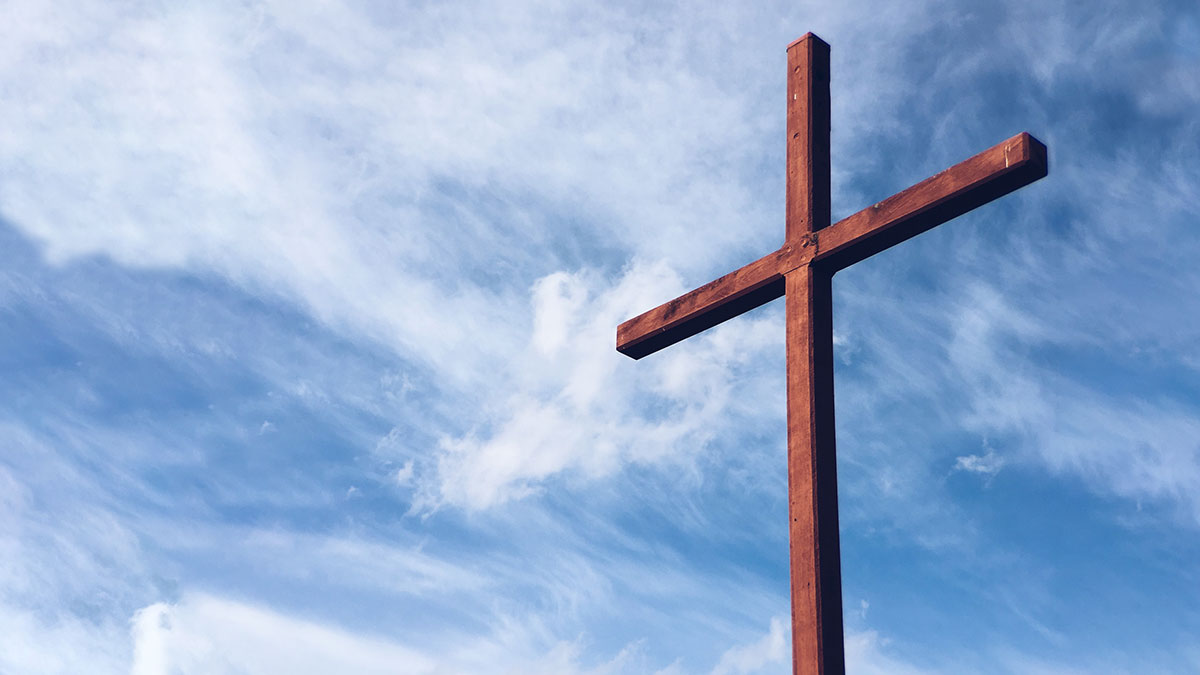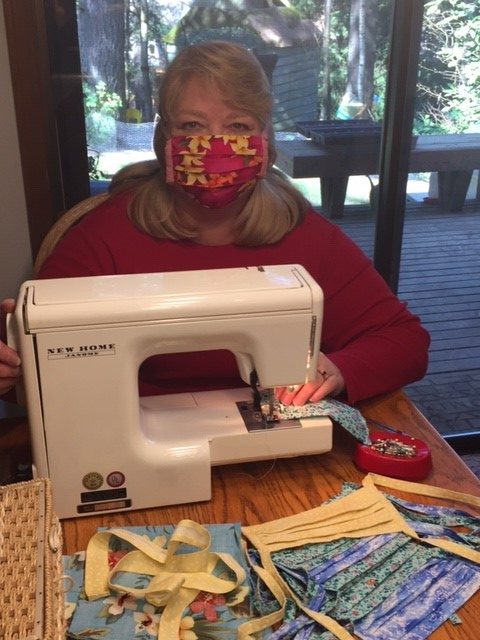Approaching Pentecost with heavy hearts
United Methodists of the Greater Northwest,
My heart is heavy with the weight of another killing of an unarmed Black man at the hands of a white policeman. At Pentecost, the Holy Spirit gave humanity a miracle as the Church was born: the ability to understand each other, even though they came from different cultures and spoke different languages.
This Sunday, please join me in praying for George Floyd, whose breath was stolen from him, and for his family as they mourn. Pray that God’s Holy Spirit will give us, in our time, the gifts of understanding, respect, and peace among the peoples of this nation, blessedly diverse in race, culture, and language.
Below, find the pastoral statement by Bruce Ough, bishop of the Minnesota and Dakotas Annual Conferences.
Please also join me next Wednesday for a webinar at our usual time (8 am AKDT, 9 am PDT, 10 am MDT) titled “Confronting the Sin of Racism.”
While this is a shift from our planned topic, I hope you will join me in this important conversation. If you have already registered for next week’s webinar, the link from your confirmation email will still be valid.

Bishop Elaine JW Stanovsky
——–

Bishop Bruce R. Ough issued the following statement following the death of George Floyd. Floyd, a Black man, died May 25 in the custody of Minneapolis police after an officer was shown pinning him down while he struggled to breathe.
There is more than one pandemic ravaging Minnesota and our country at this time. In addition to fighting COVID-19, we are besieged by a pandemic of racism, white supremacy, and white on black or brown violence. The tragic, racially charged, and unnecessary death of George Floyd at the hands of four Minneapolis police officers is only the latest flare-up of this pandemic—and Mr. Floyd is only the latest victim. The list of Black lives who have been needlessly killed grows each day. The pervasive culture of racism and white supremacy, increasingly incited by political rhetoric, grows each day. The fear among parents of Black children grows each day. The flaunting of our laws against racial profiling and discrimination grows each day.
I applaud Mayor Jacob Frey and Minneapolis Police Chief Medaria Arradondo for acting decisively and quickly to fire the police officers. I am grateful the FBI is launching a civil rights investigation. I join with many others in demanding that justice prevail in this situation. I am praying for the Floyd family and the police officers and their families.
Now, it is our responsibility as persons of faith, and particularly as followers of Jesus in the Methodist tradition, to address this pervasive pandemic of racism. We are compelled to address this pandemic with the same intensity and intentionality with which we are addressing COVID-19.
We begin by acknowledging that racism is sin and antithetical to the gospel. We confess and denounce our own complicity. We take a stand against any and all expressions of racism and white supremacy, beginning with the racial, cultural, and class disparities in our state and country that are highlighted by the coronavirus pandemic. We sound the clarion call for the eradication of racism. We challenge governmental leaders who fan the flames of racial division for political gain. We examine our own attitudes and actions; all change begins with transformed hearts continually yielding to the righteousness and love of God.
Let us not turn away or ignore the disease that has been tearing our country apart and destroying lives for centuries. This disease—the sin of racism and white supremacy—denies the teachings of Jesus and our common, created humanity. Let us renew our efforts to eradicate the disease that truly threatens our ideals and the lives, livelihoods, and dignity of so many of our neighbors.
I urge you to join me in continuing to pray for the Floyd family as well as the many families whose lives were tragically altered or whose fears have been heightened as a result of this inexcusable tragedy. May God’s grace, peace, justice, and vision of the Beloved Community overpower the forces of evil and death.
Bishop Bruce R. Ough
Resident Bishop, Dakotas-Minnesota Area
The United Methodist Church















